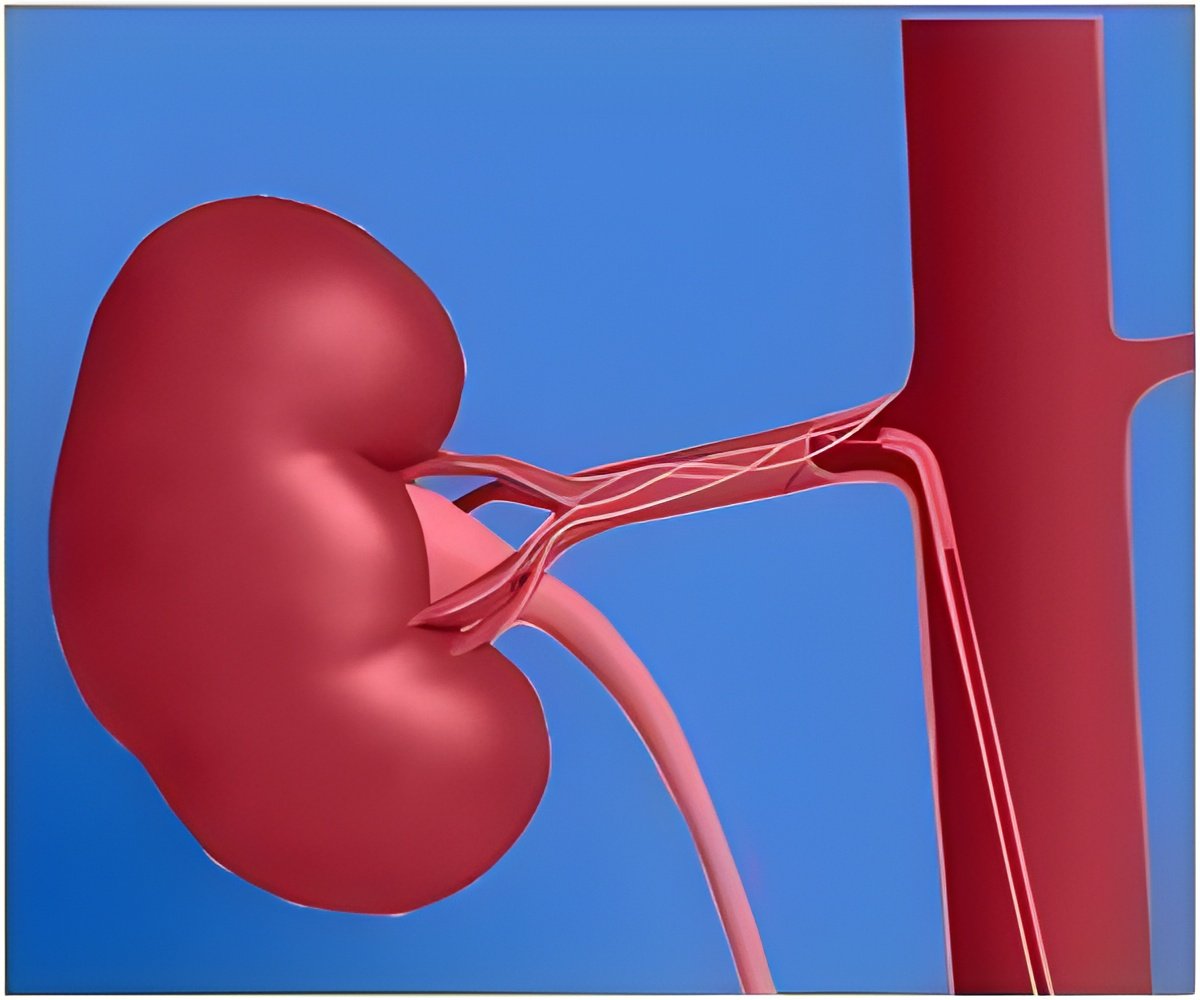Children suffering from mild to moderate form of kidney disease also suffer from carotid atherosclerosis or abnormally thick neck arteries.

The researchers caution they are not sure whether the same fatty deposits that clog adult arteries are the reason behind the abnormally thick carotid arteries they observed in the study. But because most of the children involved in the research already had high cholesterol and hypertension — the leading causes of adult atherosclerosis — the investigators believe they are dealing with a disturbingly early onset of this condition in an already vulnerable population.
"Untreated hypertension and high cholesterol increase the risk for long-term vascular damage in any child, but in a child with kidney disease they can wreak much more serious havoc," says study lead investigator Tammy Brady, M.D., M.H.S., a pediatric nephrologist at Hopkins Children's.
Chronic kidney disease by itself increases cardiovascular risk because of chronic inflammation and altered metabolism, the investigators say. But the presence of any additional risk factors — such as obesity, high cholesterol and hypertension — can further fuel that risk and put children with kidney disease on a path to early heart attack and stroke if left untreated, they add.
In the current multi-center study, which compared 101 children with kidney disease to 97 healthy children, the majority of patients with kidney disease had high blood pressure (87 percent) and elevated cholesterol (55 percent). One-quarter of them were overweight or obese.
Elevated cholesterol and chronically high blood pressure can cause fatty build-up inside the arteries and make them harder and stiffer. A narrowed carotid artery — the neck vessel that carries blood from the heart to the brain — not only restricts blood flow to the brain but is vulnerable to dangerous fatty plaque ruptures that can lead to heart attacks or strokes.
Advertisement
"We cannot emphasize this enough: Pediatricians who take care of children with chronic kidney disease — even kids with early-stage kidney disease — should screen them early for cardiovascular damage, assess their risk factors and treat hypertension and high cholesterol promptly and aggressively," Brady says.
Advertisement
Source-Eurekalert















